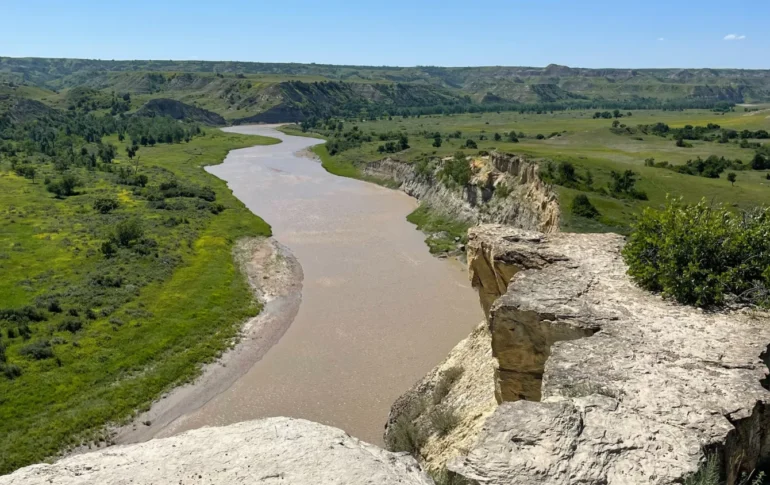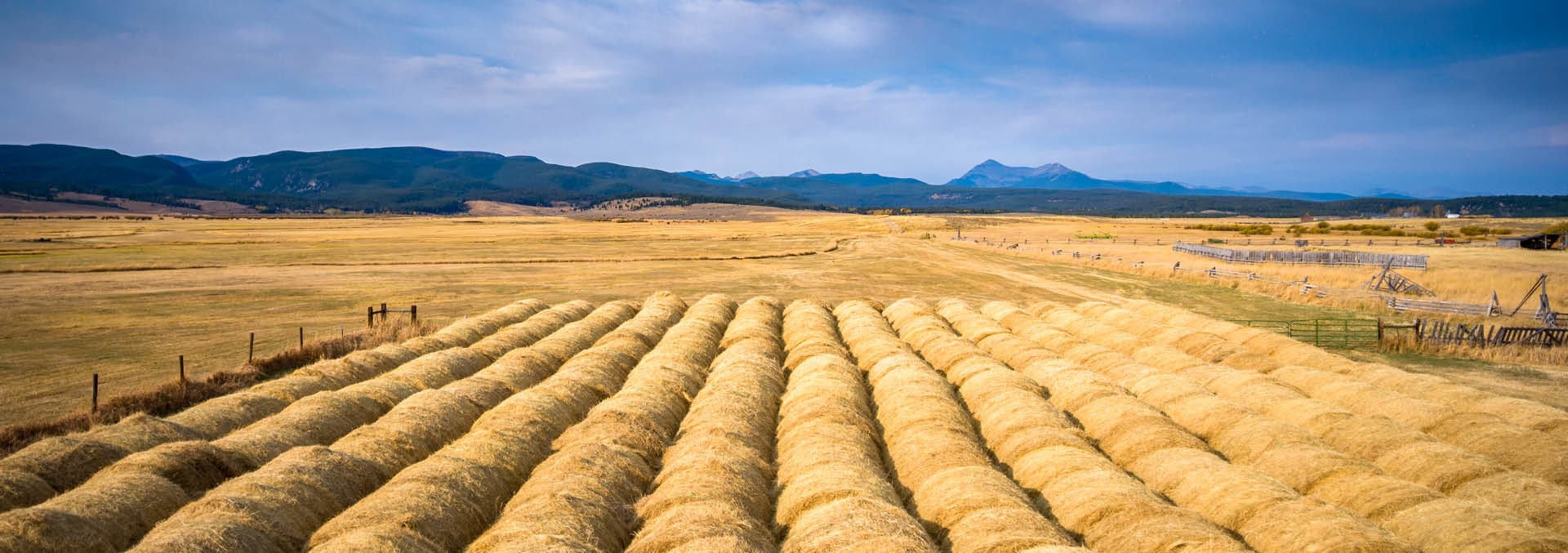How Long Will This Market Last?
By Greg Fay, Founder | Broker, Licensed in MT
It’s early September 2021 on the Sunday of Labor Day weekend. I’m sitting on the porch at our ranch in Madison County, Montana. We’re baling our second cut of hay this week. I just took my two Llewelyn Setters for an upland bird hunt for Hungarian partridge, our first of the year. It will be in the mid-eighties today, so early morning is the only time to run the dogs. At some point this month, I’ll grab my bow and chase some elk up in the high country. September is an incredible time of year throughout the U.S., and I feel fortunate to have so much space around myself and my family.
I’ve written numerous Covid market updates since the start of the pandemic and co-authored an article with Jeff Boswell of Republic Ranches in last year’s edition of Land Investor. It has been interesting to see the evolving impact of Covid on the land investing market.
In March of 2020, I blogged about how several Fay Ranches agents reported that many clients were moving from urban homes to their land to “social distance,” a phrase I had just heard for the first time. I wondered if this movement was “a passing consideration or the beginning of a population shift” and how it could affect our land market. At the time, we could only speculate. Eighteen months later, it feels more like a population shift, and with the next variant of the virus looming on the horizon, that may not change any time soon. I don’t think anyone could have predicted how much the virus would positively impact the land market.
In 2021, both Republic Ranches and Fay Ranches will be up over 100% in gross revenue from 2020. Rural land has evolved from a niche to an essential component of an investment portfolio in less than two years. The question on everyone’s mind is, how long will this market last?
I’ve spoken with several clients about the increase in the popularity of land as an investment. They have unanimously pointed to the safety and security of their families being the reason for bringing land to the forefront of their investment strategy. The pandemic is the primary cause, but several also mentioned the political and social unrest of the past couple of years as contributing factors.
Land has always offered the critical components of a solid investment. It is a tangible asset that has shown steady appreciation over time. You can enjoy it during your time of ownership. The primary investment characteristic of land, however, is its finite nature. Many people have escaped to their beach house or purchased a home outside the city. These assets are highly replicable. Land, however, is not. The amount of open land in the United States is decreasing. In proximity to urban and suburban areas, land is being subdivided at an alarming rate. Much of our most valuable farm ground is being taken out of production and replaced with single-family homes and condominiums.
At Fay Ranches, we don’t work with subdividers. Our clients are aggregators. When we sell a farm, ranch, or timber property, we go to work acquiring the contiguous land and increasing the size of the property. Either way, there is less open land every day.
When the recession hit in 2008 and the residential market tanked, land was less affected for two reasons. There is an inherent lack of land supply, and there is little debt in the land market. I have done very few transactions contingent on financing over the past 30 years. Multi-generational farm and ranch owners often have little debt, and modern land investors often pay cash. Consequently, there was very little pressure on the land market during the recession, so very few of these types of properties came on the market. The recession was not a cataclysmic event for land as it was for residential real estate. There is no better test of a real estate asset’s relative immunity to a market downturn than the recession of 2008.
How long will this land market last? In speaking with clients and others immersed in the market and looking at it from the outside, it is reasonable to expect this market to continue for a couple more years. If some version of the pandemic remains an issue and continues to get news coverage, it may persist longer. Rest assured that when the real estate market inevitably goes down, your land investment will likely be one of the safest investments in your portfolio.

Discover the Charm and Opportunities of North Dakota
Are you considering a move but unsure where to settle? North Dakota, often overlooked by travelers and potential residents alike, offers a wealth of opportunities and a lifestyle to suit a variety of preferences. Whether you’re drawn to outdoor adventures, a slower pace of life, or expanding career opportunities, this charming state has something to […]

Easement Dispute – Ask an Agent
Dear Land Expert, I am preparing to list my Western ranch soon; however, my neighbor is currently contesting an easement that crosses a corner of their property, an access route I’ve used consistently and that has been essential for reaching certain parts of my land. While I’ve always understood this to be a valid easement, […]




